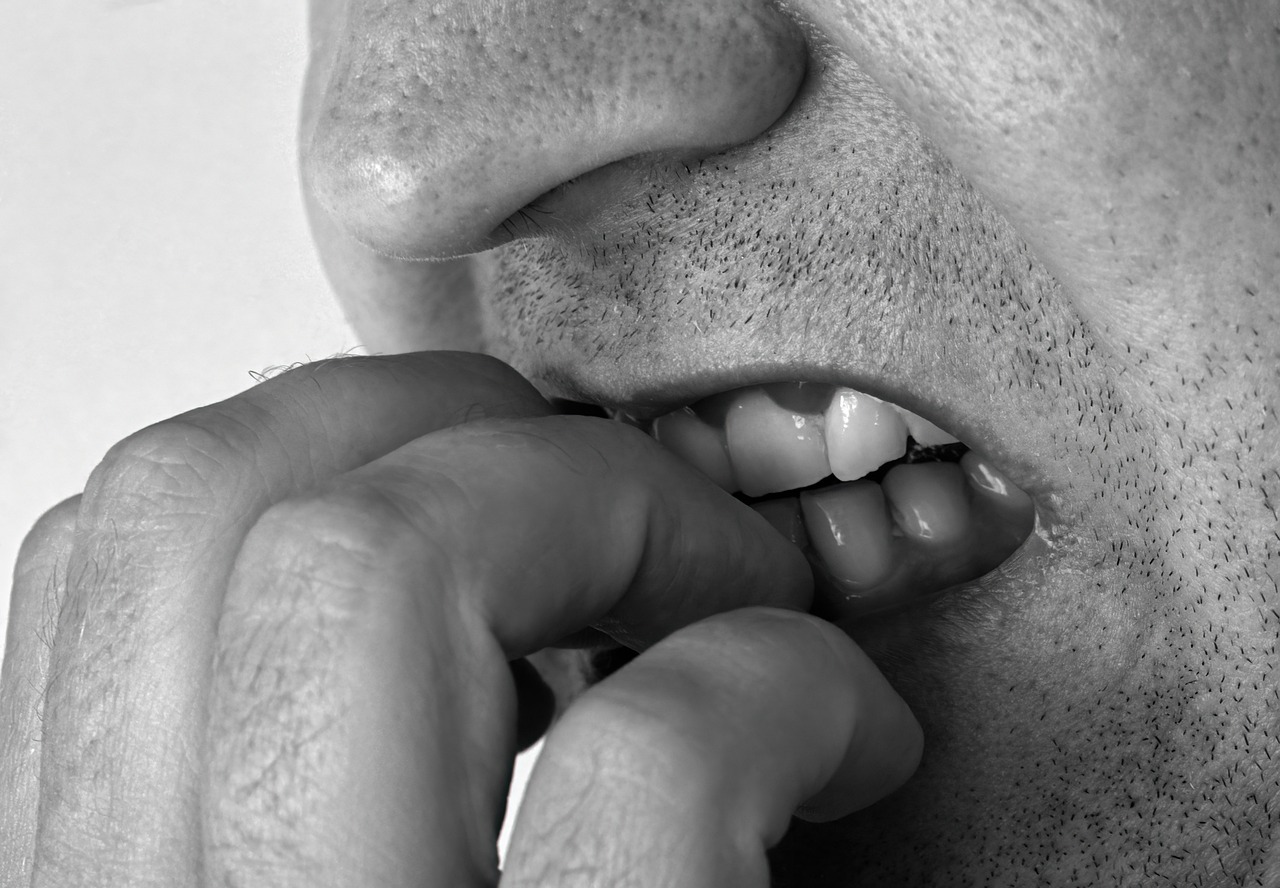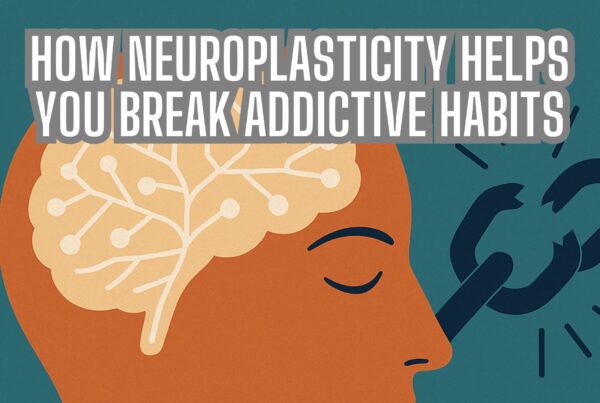How to Break the Nail-Biting Habit: Free Yourself from Anxious Nibbles
Stop Your Nail-Biting Habit
Are you tired of the constant battle with your nail-biting habit? Do you find yourself nibbling away at your nails when stress and anxiety strike? Nail biting, known medically as onychophagia, is a common habit that affects individuals of all ages. However, fret not! In this blog, we will explore effective strategies to help your seemingly stubborn nail-biting habit and regain control of your fingertips.
Understanding the Habit
Before delving into the techniques to break the habit, it’s essential to understand why nail biting occurs. For many individuals, nail biting serves as a way to cope with anxiety, boredom, or even to alleviate stress. It becomes a subconscious response to uncomfortable thoughts and feelings, providing temporary relief.
Research suggests that nail biting may stem from underlying psychological factors. Studies have found a correlation between nail biting and perfectionism, indicating that individuals who strive for perfection are more prone to engaging in this habit (Klatte et al., 2017). Identifying the root causes of nail biting is crucial in developing effective strategies to overcome it.
Awareness and Mindfulness
Acknowledge the Habit:
The first step toward change is awareness. Take a moment to observe when and why you tend to bite your nails. Are there specific triggers or situations that lead to nail-biting episodes? Identifying these patterns will help you gain control over the habit.
Practice Mindfulness:
Mindfulness techniques can be powerful tools to combat nail biting. By cultivating a mindful awareness of your actions, you can intercept the urge to bite your nails. Whenever you catch yourself reaching for your nails, pause and bring your attention to the present moment. Notice the sensations in your fingertips and take a deep breath, allowing the impulse to pass.
Substitute and Distract
Substitute the Habit:
It’s often helpful to replace a negative habit with a positive one. Consider using a stress ball, fidget toy, or a worry stone to occupy your hands when the urge to bite arises. Engaging in alternative activities can redirect your focus away from your nails and provide a healthier outlet for stress and anxiety.
Keep Your Nails Neat:
Maintaining well-groomed nails can act as a deterrent for nail biting. Regularly trim and file your nails to reduce the temptation to bite them. Consider applying bitter-tasting nail polish or a natural deterrent, like aloe vera or tea tree oil, to discourage nail biting.
Hypnosis and Visualization
Hypnotherapy:
Hypnosis can be a powerful tool to rewire subconscious patterns and break the nail-biting habit. By accessing the deeper levels of your mind, a hypnotherapist can help you develop new associations and responses to triggers, ultimately reducing the urge to bite your nails.
Visualize Success:
Our minds respond well to vivid imagery and visualization. Take a moment each day to visualize yourself with beautifully manicured nails. Imagine the confidence and satisfaction you’ll feel. Embrace this mental image and let it motivate you to overcome your nail-biting habit.
Seek Support and Professional Help
Supportive Environment:
Surround yourself with understanding and supportive individuals who can encourage you on your journey to break the habit. Share your goals with friends and family, and ask them to provide gentle reminders when they notice you biting your nails.
Consult a Hypnotherapist:
Consider seeking the guidance of a trained clinical hypnotherapist who specializes in habit change. A hypnotherapist can tailor their techniques to address the underlying causes of your nail-biting habit and provide the support you need to achieve lasting results. At Release Hypnosis, we’ve been able to help many people in overcoming their nail-biting habit and to grow beautiful, healthy nails.
You Can Stop The Nail-Biting Habit
Breaking the nail-biting habit may require patience and persistence, but with the right strategies, it is absolutely achievable. By cultivating mindfulness, substituting the habit, utilizing hypnosis and visualization, and seeking support from professionals, you can finally bid farewell to nail biting and embrace healthier coping mechanisms. Remember, change starts from within, and you have the power to conquer this habit once and for all.
Release Hypnosis Melbourne Hypnotherapy
Since 2015, Lawrence Akers has been working under the name Release Hypnosis offering Hypnotherapy and ACT based work to the people of Melbourne or an online service. Based on St Kilda Rd, Release Hypnosis is an easy and convenient location to get to and accessible by the ANZAC station train and tram stop. Release Hypnosis can help with a wide range of presenting issues, and I offer a free 30 minute no obligation discovery call for those who are unsure if hypnotherapy is the right way forward for them.
References:
Klatte, M., Martin, L., & Möllering, S. (2017). Perfectionism and its relationship to anxiety disorders. Journal of Rational-Emotive & Cognitive-Behavior Therapy, 35(1), 68-86.
Book Your FREE 30 Minute Consultation With Release Hypnosis NOW!
You may also like to read:
How to Change Your Habits: Tips from a Clinical Hypnotherapist
How ACT Can Help With Addiction Issues
Urge Surfing and How Can it Help You Overcome Addiction
Mastering Mindful Communication: Enhancing Relationships and Connections








